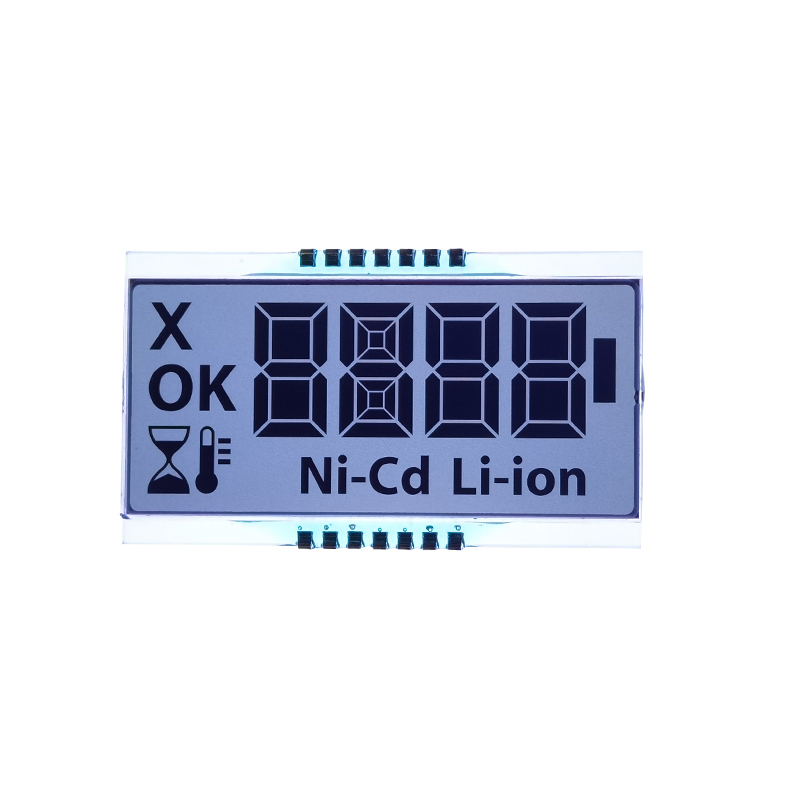
This comprehensive guide explores the functionality, applications, and selection criteria for LCD keypad shields, providing essential information for developers and hobbyists alike. We'll cover key features, integration methods, and considerations for choosing the right shield for your project, helping you make informed decisions.
An LCD keypad shield is an add-on module designed to simplify the incorporation of a liquid crystal display (LCD) and a keypad into microcontroller-based projects. These shields typically offer a pre-wired connection to commonly used microcontrollers like Arduino, making integration seamless and reducing development time. They usually include a character LCD screen for displaying information and a matrix keypad for user input.
Typical features include the type of LCD (character or graphic), the number of keypad buttons, backlight options (typically LED backlighting), and interface protocols (most commonly I2C or SPI). You'll also find variations in the size of the LCD screen and the layout of the keypad. When choosing, consider your project's specific requirements for display resolution, input methods, and power consumption.
Several factors influence the optimal LCD keypad shield selection. These include the microcontroller being used (Arduino Uno, Nano, Mega, etc.), the desired display size and resolution, the number of buttons needed, and the overall complexity of your project. Consider the power requirements and the availability of supporting libraries for your chosen microcontroller.
Many LCD keypad shields use either I2C or SPI communication protocols. I2C uses fewer pins on the microcontroller, making it ideal for projects with limited pin availability. SPI generally offers faster communication speeds, beneficial for applications needing quick data transfer. The choice depends on the project's speed and pin constraints.
The market offers a wide variety of LCD keypad shields. Researching different models allows for a comparison based on price, features, and compatibility. Reading reviews from other users can offer valuable insights into the performance and reliability of specific models.
The connection process is usually straightforward. Most LCD keypad shields are designed to be easily stacked on top of a microcontroller board. Refer to the specific documentation for your chosen shield and microcontroller for detailed connection diagrams and instructions. Ensure proper grounding and power connections to prevent damage.
Many LCD keypad shields are compatible with various programming environments and libraries. Arduino IDE is a popular choice and provides readily available libraries for simplifying interaction with the LCD and keypad.
LCD keypad shields find extensive use in various applications. They are frequently incorporated into embedded systems for data logging, control panels, interactive displays, and more. Think of simple home automation projects, industrial monitoring systems, or educational robotics projects. The possibilities are vast. For high-quality LCD displays and related products, consider exploring the options available from Dalian Eastern Display Co., Ltd.
For more advanced applications, the capabilities can be extended through the use of additional sensors or modules. This allows for integration of more complex functionality into the user interface and control systems.
This section would address common problems users face when using LCD keypad shields, such as display issues, input errors, and compatibility problems.
| Feature | I2C | SPI |
|---|---|---|
| Number of Pins | Fewer | More |
| Communication Speed | Slower | Faster |
| Complexity | Simpler | More Complex |
Remember to always consult the datasheet for your specific LCD keypad shield model for detailed specifications and integration instructions.












